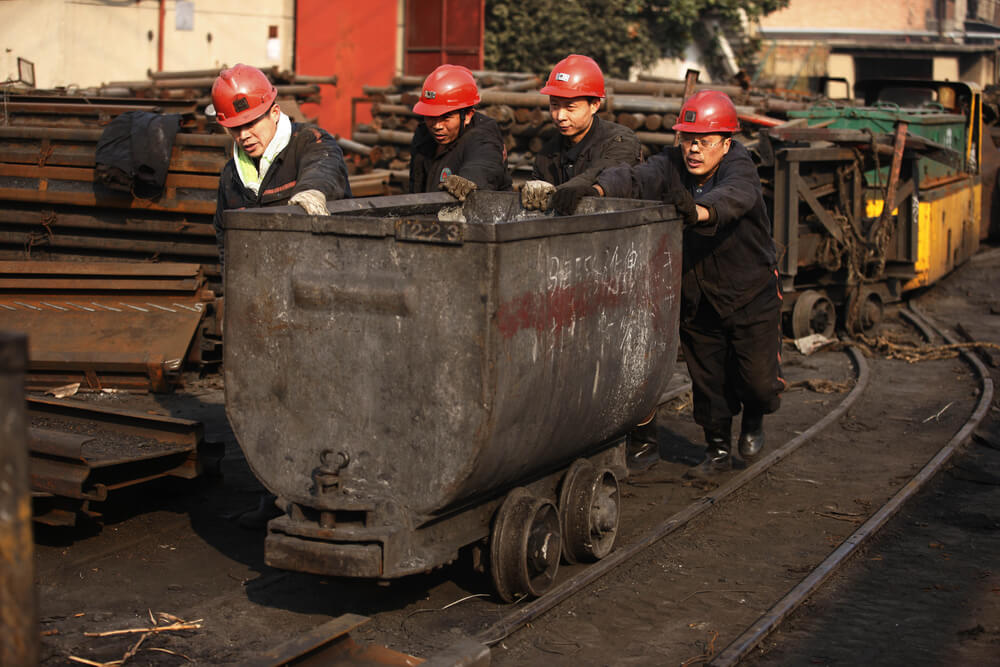The majority of developing economies are dissatisfied with the agreed (despite considerable challenges) amount of money for the global financing of their fight against climate change.
However, this represents the current peak of global solidarity, a challenge they will need to confront over the next ten years.
The Indian representative at the UN Climate Change Conference in Azerbaijan, Chandni Raina, said that USD 300 billion per year was a "paltry sum" and "little more than an optical illusion."
On the other hand, Ed Miliband, the UK Energy Secretary, as a representative of a developed donor, tried to soften the anger of the dissatisfied: "It is not everything we or others wanted, but it is a step forward for us all."
The annual world climate conference, known as COP 29, in Azerbaijan highlighted the deep divide between the developed North, which is also the biggest cause of climate change, and the less developed South, which cannot independently finance the reduction of harmful gas emissions.
The tough negotiations continued even after the official conclusion of the two-week conference, leaving no one completely satisfied, given that money was at stake.
The glass half-full
For the developed countries, the summit in Baku presented a glass half-full. They all agree that the amount they have pledged to support developing countries in achieving their set green goals is insufficient.
But at the same time, they point out that the promise of USD 300 billion by 2035 is actually three times more than their annual obligation over the last decade.
According to EU climate envoy Wopke Hoekstra, the summit in Azerbaijan will go down in history as "the start of a new era for climate finance." Irish Environment Minister Eamon Ryan called the deal "a huge relief," and US President Joe Biden, who also belongs to the club of the wealthy countries, spoke of a "historic outcome."
There are many more of those for whom the glass from Baku is not only half-empty but disappointingly empty
However, there are many more of those for whom the glass from Baku is not only half-empty but disappointingly empty. The expectations of the developing world were much higher because they relied on UN estimates that they would need around USD 1.3 trillion a year to effectively tackle the causes of climate change over the next decade. They have only received a quarter of what they expected.
Difficulties in closing the gap
The governments of industrially developed countries will undoubtedly be criticised even more harshly than before, as the summit in Azerbaijan was a moment of truth that has been awaited since 2009, when the principle of supporting developing economies in the fight against greenhouse gas emissions was established.
Officials from developed economies guarantee a diversity of funding channels, including funds from private companies, to alleviate, to some extent, the suffering of aid recipients.
"We are literally sinking" - Cedric Schuster, Samoa's minister
But this hardly closes the gap between expectations and reality. The majority of dissatisfied countries also come from a region of the world that bears less responsibility for climate disruption, yet they still experience the same consequences.
"What is happening here is highlighting what a different boat our vulnerable countries are in, compared to the developed countries. After this COP29 ends, we cannot just sail off into the sunset. We are literally sinking," said Cedric Schuster, Samoa's minister of environment, as a representative of the Small Island States coalition, the most threatened group due to climate change.
The role of China and Trump
The implementation of the Baku agreement will not be any easier than its realisation. One of the biggest question marks is China's future involvement in financing the environmental needs of developing countries.
Although it belongs to this group of countries, China is also the largest emitter of greenhouse gases, but it is also financially able to participate in narrowing the gap between the needs of developing economies and the support promised by the developed world.
 China will continue to engage extensively in South-South climate cooperation - Zhao Yingmin
China will continue to engage extensively in South-South climate cooperation - Zhao Yingmin
The COP 29 declaration therefore "encourages" other nations outside the group of developed countries to participate in the financial package—a clear reference to China, which emits more greenhouse gases than all 27 EU member states combined.
However, Beijing does not want to officially take on these obligations and leaves itself the option of providing financial support around the world according to its own criteria and interests.
"China will continue to engage extensively in South-South climate cooperation to contribute to global green, low-carbon, climate-resilient and sustainable development," said Zhao Yingmin, head of the Chinese delegation at the Baku summit.
The US's anticipated resistance to multilateral agreements following Donald Trump's arrival to the White House presents an even greater unknown regarding the future of the agreed-upon fund to support the fight against climate change.
If global efforts to reduce emissions of harmful gases are again ignored in Washington from January, as was the case with Trump's withdrawal from the Paris climate agreement, the fate of this hard-to-agree-upon USD 300 billion will be completely uncertain.